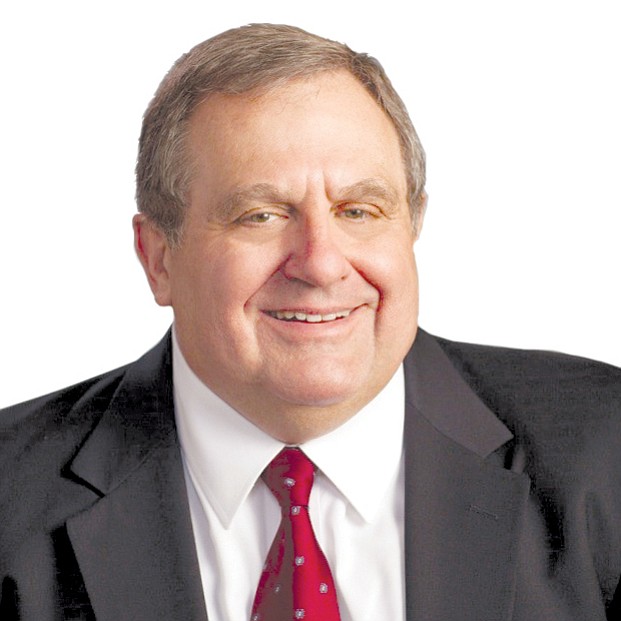Last month, J. Russell George, the Treasury inspector general for tax administration, revealed the Internal Revenue Service gave a total of $1 million in bonuses to 1,150 workers who owed back taxes between October 2010 and December 2012.
The IRS paid out an additional $1.8 million in bonuses to workers facing other kinds of disciplinary problems over the same period, including improper use of government credit cards, drug use, threats of violence and unemployment benefits fraud, according to the Associated Press.
Give the rest of us a break! What about the hardworking Americans with families and bills to pay? Thanks to President Barack Obama and Congress, we got a swift kick in the wallet and we really felt the pain on tax day. Adding insult to injury, President Obama flew back and forth to Hawaii on Christmas Eve, costing taxpayers $4 million.
While the IRS delinquents got a boost to pay their tax bill and the president was running up his travel bill, more than three in four Americans paid higher taxes for 2013, thanks to the fiscal cliff deal passed in Congress on New Year’s Day. The average increase is expected to be $1,257, but that figure belies the wide disparity in impact, according to the Tax Policy Center.
Those making less than $10,000 a year paid $68 more in federal taxes, on average, while those making between $50,000 and $75,000 saw an $822 jump. Wealthy filers with incomes of $1 million or more were zapped with a $170,341 spike, on average.
Who says the rich aren’t paying their share?
The rich were hit by the increase in the tax rate to 39.6 percent for couples with adjusted gross incomes above $450,000, or single filers above $400,000. Millionaires will pay $122,560 more a year just from this provision alone, according to the Tax Policy Center. And they’ll have to pay a 20 percent levy on capital gains and dividends, up from 15 percent.
Medicare taxes for those with taxable income above $200,000 ($250,000 for joint filers) rose from 1.45 to 2.35 percent. Now, 80 percent of the allowable itemized deductions were reduced and all personal exemptions for people with over $200,000 ($250,000 for joint filers) have been phased out.
That is only the tip of the iceberg of tax hikes because of the so-called Fiscal Cliff negotiations.
So what does that all mean?
Can government just raise taxes willy-nilly and not have an impact on our economy and jobs? Of course, not.
Families with a combined $100,000 account for 40 percent of consumer spending and because consumer spending makes up 70 percent of the gross domestic product, economists are very concerned that consumers will quit spending.
Accountants across America were universally shocked at the size of tax bills, and in order to pay Uncle Sam, many of their clients liquidated stocks.
If all of these new taxes were a one-time occurrence, taxpayers may understand, but unfortunately, the worst may be ahead, with Obamacare taxes phasing in, for example.
On Cinco de Mayo, the National Debt stood at $17.475 trillion, meaning every man, woman and child in the United States currently owes $57,514 for their share of the U.S. public debt.
According to the U.S. Debt Clock, our total long-term unfunded liabilities are at $126 trillion, a $1.1 million liability for each U.S. taxpayer. The main driver of that astronomical number is two of our major entitlement programs: Social Security and Medicare.
Where will it all end?
Don Brunell, retired as president of the Association of Washington Business, is a business analyst, writer, and columnist. He lives in Vancouver and can be contacted at TheBrunells@msn.com.



